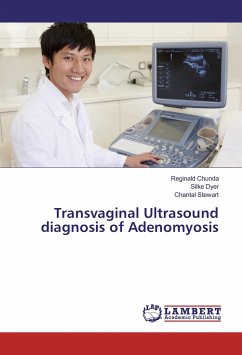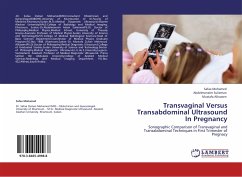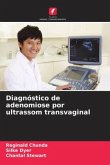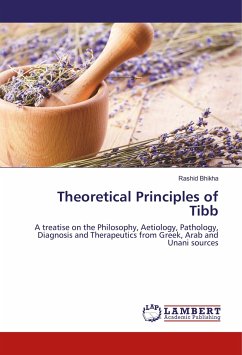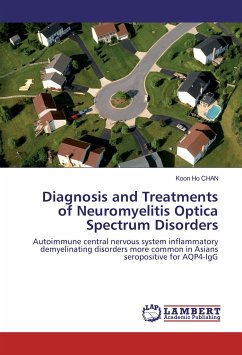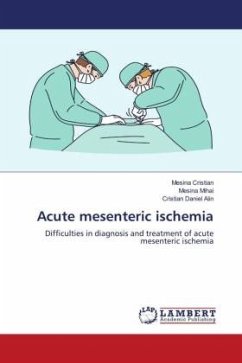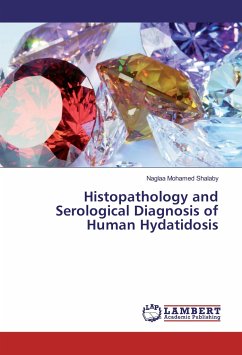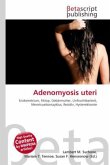Adenomyosis is a cause of morbidity in women. Classically it presents with menorrhagia, dysmenorrhoea and dyspareunia. Traditionally the diagnosis has been by histology of post-hysterectomy specimens. With advances in imaging techniques, pre-surgical diagnosis can be made using trans-vaginal ultrasound (TVS) and magnetic resonance imaging (MRI) with the former being preferred due to cost effectiveness. Accurate pre-surgical diagnosis would facilitate alternative treatment options to hysterectomy. In this work, the author demonstrates that a clinical presentation of menorrhagia, dysmenorrhea and a tender uterus less than twelve weeks suggested a diagnosis of adenomyosis. Despite characteristic signs and symptoms, clinicians were less likely to make a clinical diagnosis of adenomyosis. TVS diagnosis of adenomyosis had a high specificity and accuracy but a low sensitivity. The most predictive ultrasonographic feature was subendometrial echogenic linear striations. This implies that if adenomyosis is suspected on clinical grounds, TVS has more value in refuting the diagnosis than confirming it. The presence of inter-observer differences indicates the need for skills training.
Bitte wählen Sie Ihr Anliegen aus.
Rechnungen
Retourenschein anfordern
Bestellstatus
Storno

